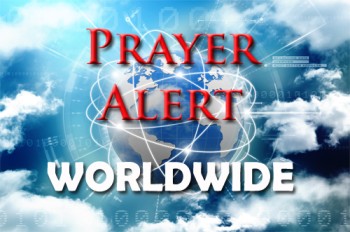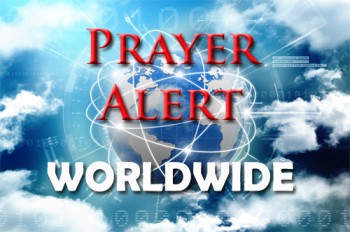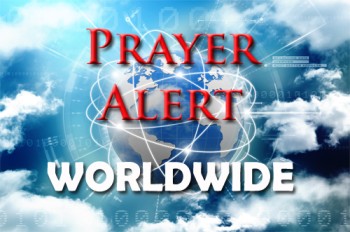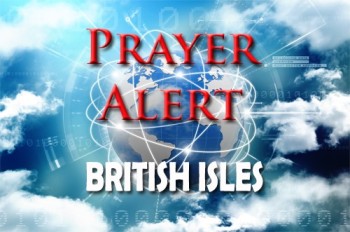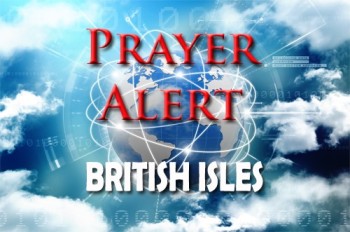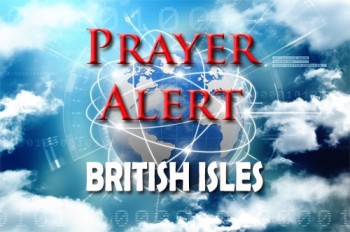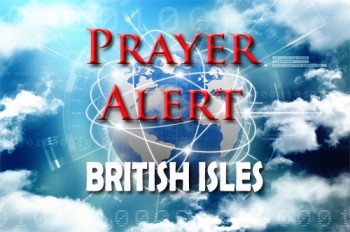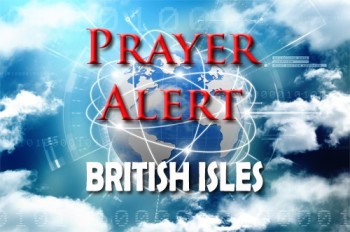Kenya: farmers battle birds
Sometimes called ‘feathered locusts’, queleas are pests across eastern and southern Africa. A quelea eats 10g of grain daily. Not a huge amount, but flocks can number two million and collectively consume 20 tonnes of grain in 24 hours. The UN's Food and Agricultural Organisation estimates that £41m worth of crops are lost to the birds annually. The latest quelea invasion in Kisumu, amounting to ten million birds, has already decimated 300 acres of rice fields. Another 2,000 acres are still at risk during the harvest season. Worse hit is Narok county where the birds invaded wheat farms, destroying 40% of the harvest. The prolonged drought in the Horn of Africa has meant fewer seeds from wild grasses, a primary source of food for queleas. Kenyan scientists suggest this may be behind the invasion of cultivated land as the birds look for alternatives.
Antarctic survey: glacier meltdown
Antarctic glaciers may be more sensitive to sea temperature changes than was thought. A programme put sensors and an underwater robot beneath the Thwaites glacier, one of the worlds fastest-changing glaciers, the size of Britain. If it melted completely, it would raise global sea levels half a metre. The joint survey, part of the largest investigations ever undertaken anywhere on the White Continent , suggests even low amounts of melting can push a glacier further towards vanishing. Thwaites has been nicknamed Doomsday Glacier. From 6 to 20 November 2022, COP27 held high-level and side events, key negotiations, and press conferences, hosting more than a hundred heads of state, over 35,000 participants and numerous pavilions showcasing climate action around the world and across different sectors. Pray that new discoveries around earth science will be a strong wake-up call to all those participants.
Call for investment in world’s poorest people
The president of the International Fund for Agricultural Development has called for global leaders to invest more in rural communities and small-scale farmers, who produce one-third of the world’s food. The representatives of 177 states were asked, ‘Think how much more rural people could contribute to global food security, peace and stability if they had the resources to improve their farms and prosper, not just survive.’ Barbados’s prime minister said, ‘It is time for the world to recognise that we need to invest right now in securing food and nutrition for citizens across the planet, especially poor people, and invest in smallholder agriculture and diversified local production. Investing in food systems transformation will end the world’s hunger and nutrition crisis.’ Climate change, conflict and global inflation are creating a food crisis of epic proportions, as progress in achieving Zero Hunger moves backwards. Over one in ten people are hungry, and over 3 billion cannot afford a healthy diet.
Brave Laos evangelists
A Christian Aid worker in Laos visited persecuted Christians in areas where no one would go. His activities challenged the authorities, and they arrested him for ‘illegal movement of religion’. In prison he feared he would die. Prisoners relieved themselves on the floor, and people died of starvation. But he kept praying and thinking about the ministry’s radio messages of encouragement. He was freed after two months. He was told to stop telling people about Christ, but his faith was irrepressible, and he boldly continued. A Laotian lady heard about Christ through the ministry’s radio broadcasts. Her husband and relatives threatened her constantly for converting, but eventually they all accepted Christ. Her home is now a house church for fifty Christians, and her husband is an elder of the church. Elsewhere police came to shut down a new house church which a pastor was dedicating. He continued the dedication despite their threats.

